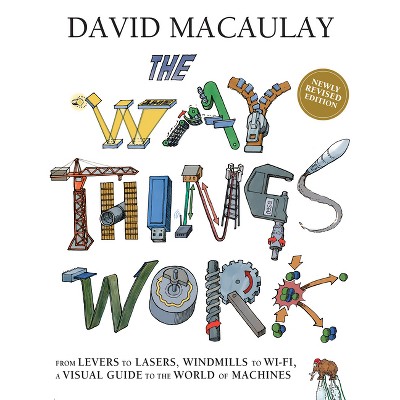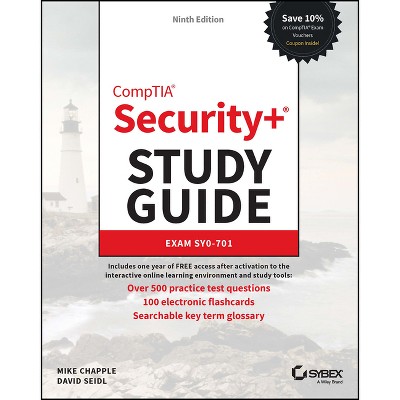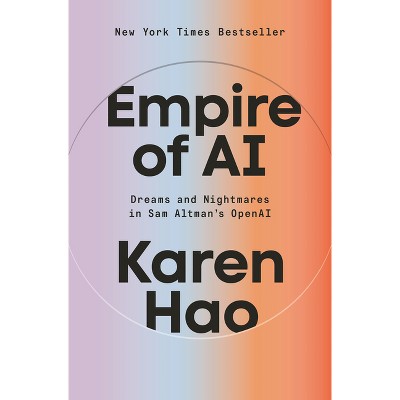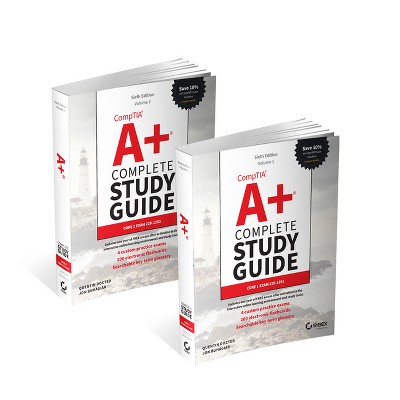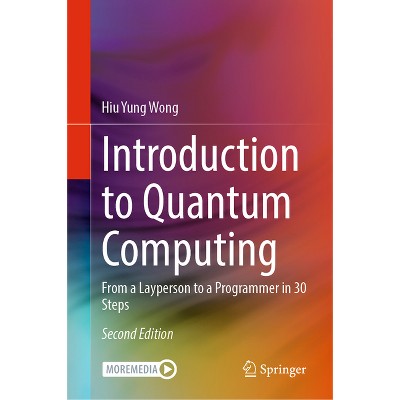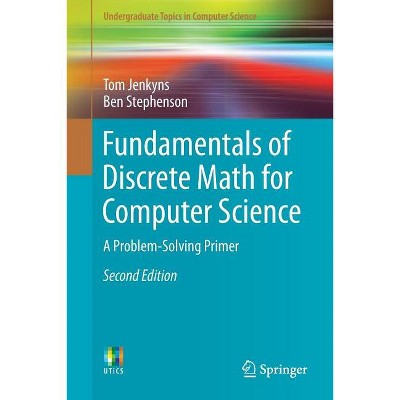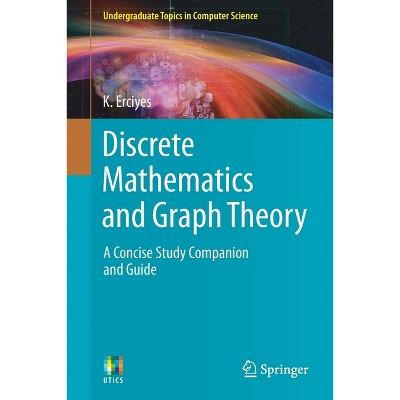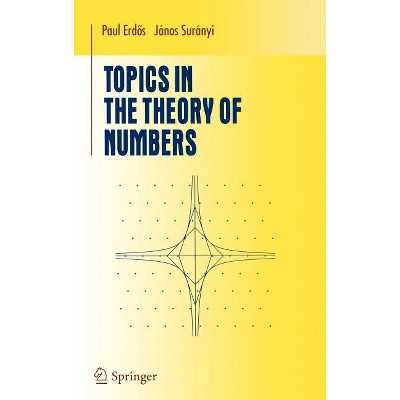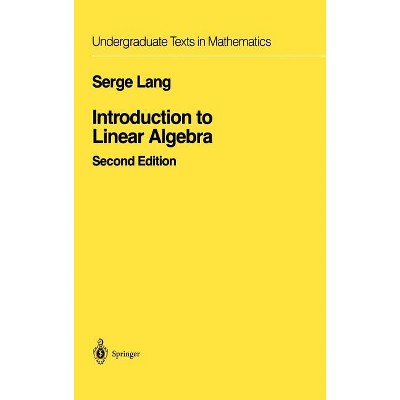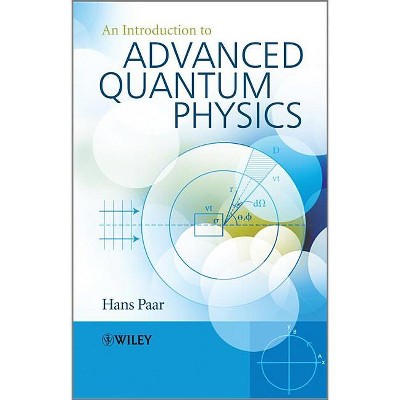Sponsored

A First Introduction to Quantum Computing and Information - (Undergraduate Topics in Computer Science) 2nd Edition by Bernard Zygelman (Paperback)
In Stock
Sponsored
About this item
Highlights
- This textbook addresses and introduces new developments in the field of quantum information and computing (QIC) for a primary audience of undergraduate students.
- About the Author: Bernard Zygelman is a Professor of Physics at the University of Nevada, Las Vegas (UNLV).
- 279 Pages
- Computers + Internet,
- Series Name: Undergraduate Topics in Computer Science
Description
Book Synopsis
This textbook addresses and introduces new developments in the field of quantum information and computing (QIC) for a primary audience of undergraduate students.
Developments over the past few decades have spurred the need for QIC courseware at major research institutions. To address this, the present 2nd edition of a highly accessible textbook/reference broadens the exposure of QIC science for the undergraduate market. The subject matter is introduced in such a way so that it is accessible to students with only a first-year calculus background. Greater accessibility allows a broader range of academic offerings.
Topics and features:
- Introduces beginning undergraduate students to quantum theory and developments in QIC, without exposure to upper-level physics and mathematics
- Contains a new chapter on Adiabatic Quantum Computing
- Integrates Mathematica-based software examples and projects, which offers a "hands-on" experience and facilitates navigation of difficult abstract concepts
- Offers helpful links to additional exercises, problems, and solution manuals
- Facilitates a more holistic approach to the teaching of difficult concepts, incorporating symbolic manipulation software
- Provides new material on Quantum Error Correction
- Allows a broad-range of course offerings spanning physics, engineering, math and computer science
This unique introductory textbook can serve courses offered in university physics, engineering, math, and definitely computer science departments. Use of Mathematica software allows a fast learning curve for students who have limited experience with scientific programming.
From the Back Cover
This unique textbook addresses and introduces new developments in the field of quantum information and computing (QIC) for a primary audience of undergraduate students.
Developments over the past few decades have spurred the need for QIC courseware at major research institutions. To address this, the present 2nd edition of a highly accessible textbook/reference broadens the exposure of QIC science for the undergraduate market. The subject matter is introduced in such a way so that it is accessible to students with only a first-year calculus background. Greater accessibility allows a broader range of academic offerings.
Topics and features:
- Introduces beginning undergraduate students to quantum theory and developments in QIC, without exposure to upper-level physics and mathematics
- Contains a new chapter on Adiabatic Quantum Computing
- Integrates Mathematica-based software examples and projects, which offers a "hands-on" experience and facilitates navigation of difficult abstract concepts
- Offers helpful links to additional exercises, problems, and solution manuals
- Facilitates a more holistic approach to the teaching of difficult concepts, incorporating symbolic manipulation software
- Provides new material on Quantum Error Correction
- Allows a broad-range of course offerings spanning physics, engineering, math and computer science
This unique introductory textbook can serve courses offered in university physics, engineering, math, and definitely computer science departments. Use of Mathematica software allows a fast learning curve for students who have limited experience with scientific programming.
Bernard Zygelman is a professor of physics at the University of Nevada, Las Vegas, US. For more than a decade, he has developed and taught quantum computing and information courseware at both the graduate and undergraduate level.
About the Author
Bernard Zygelman is a Professor of Physics at the University of Nevada, Las Vegas (UNLV). His research focuses on quantum dynamics of few-particle systems. He has been a Visiting Scientist at the Harvard-MIT Center for Ultra-Cold Atoms (CUA), the Smithsonian Astrophysical Observatory (SAO), the Institute for Theoretical Physics (ITP) (now the Kavli-Institute) at the University of California, Santa Barbara, and the University of Pittsburgh. In the past dozen years, Dr. Zygelman has developed and taught quantum computing and information courseware at both the graduate and undergraduate level.

